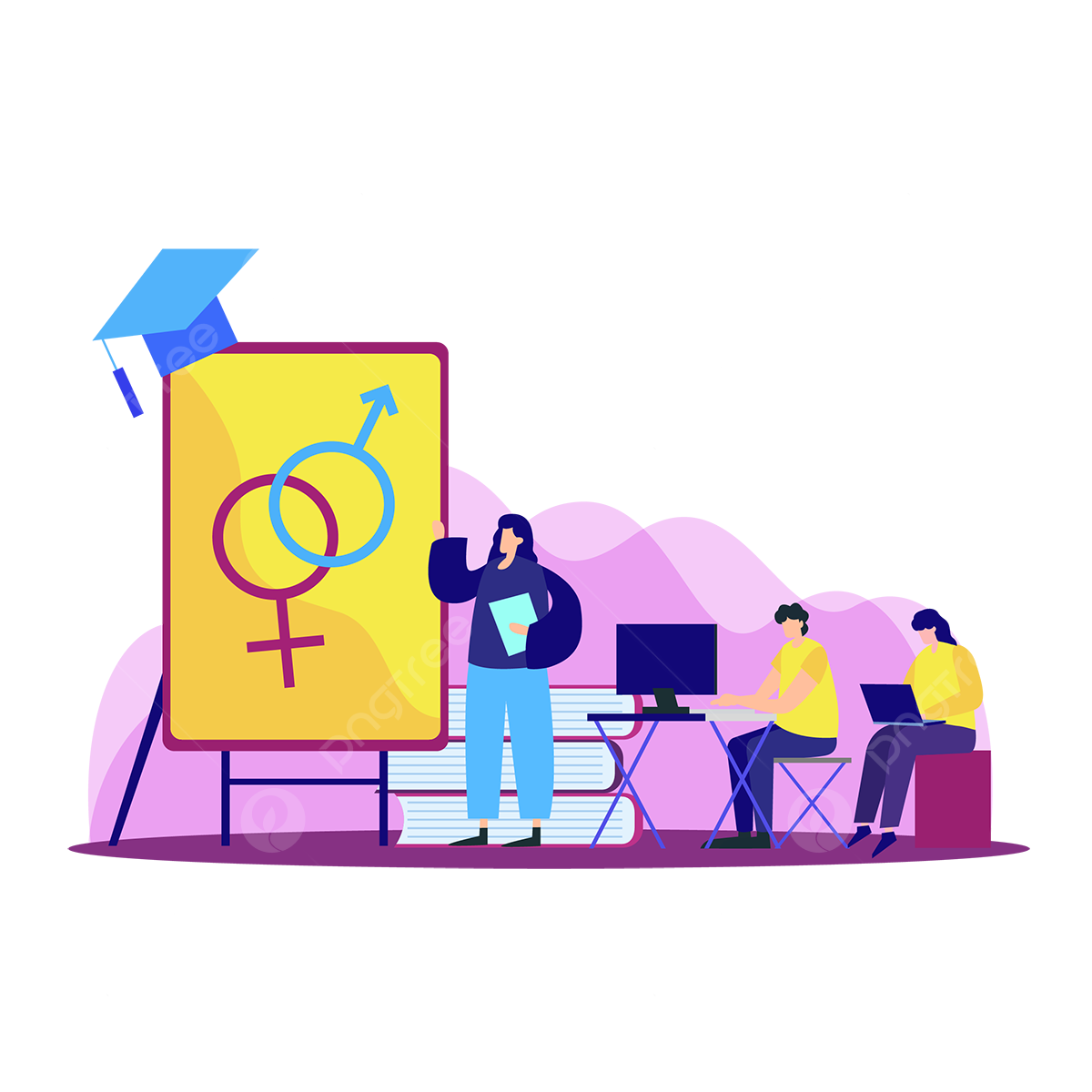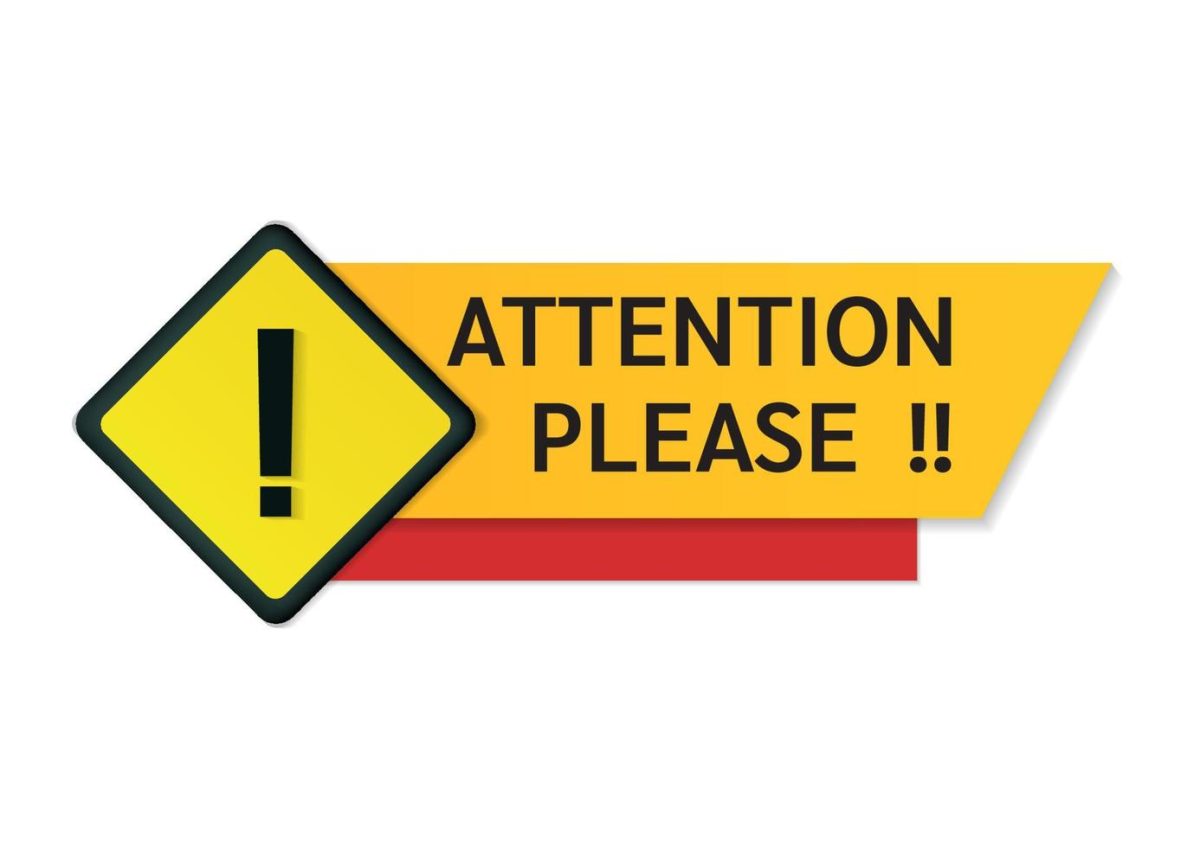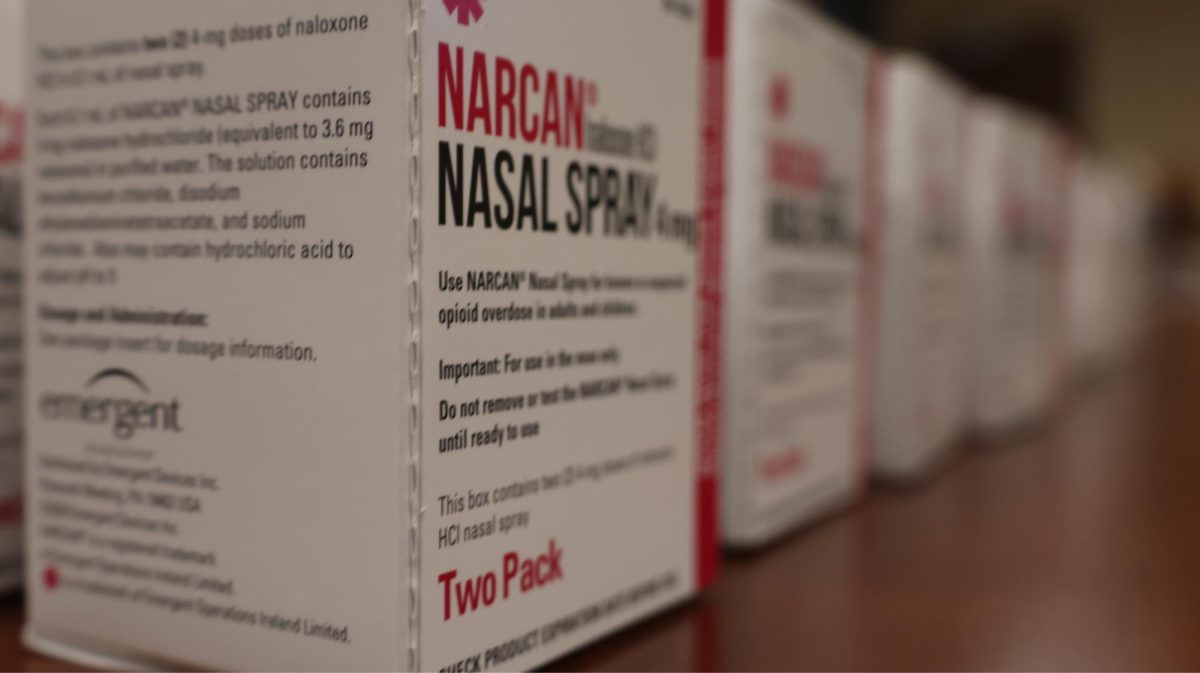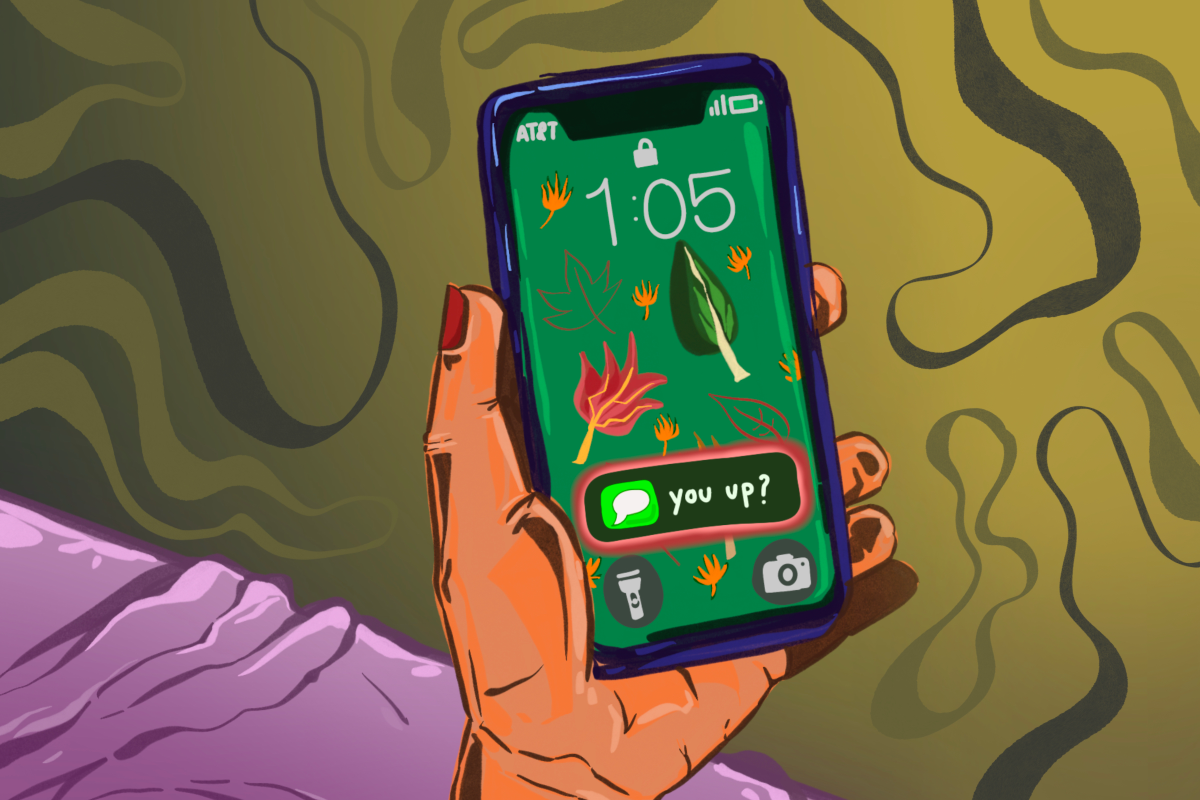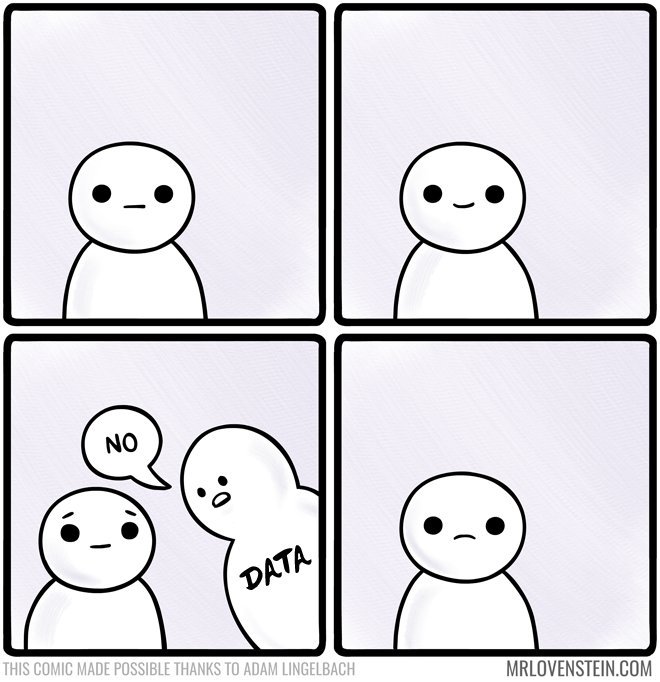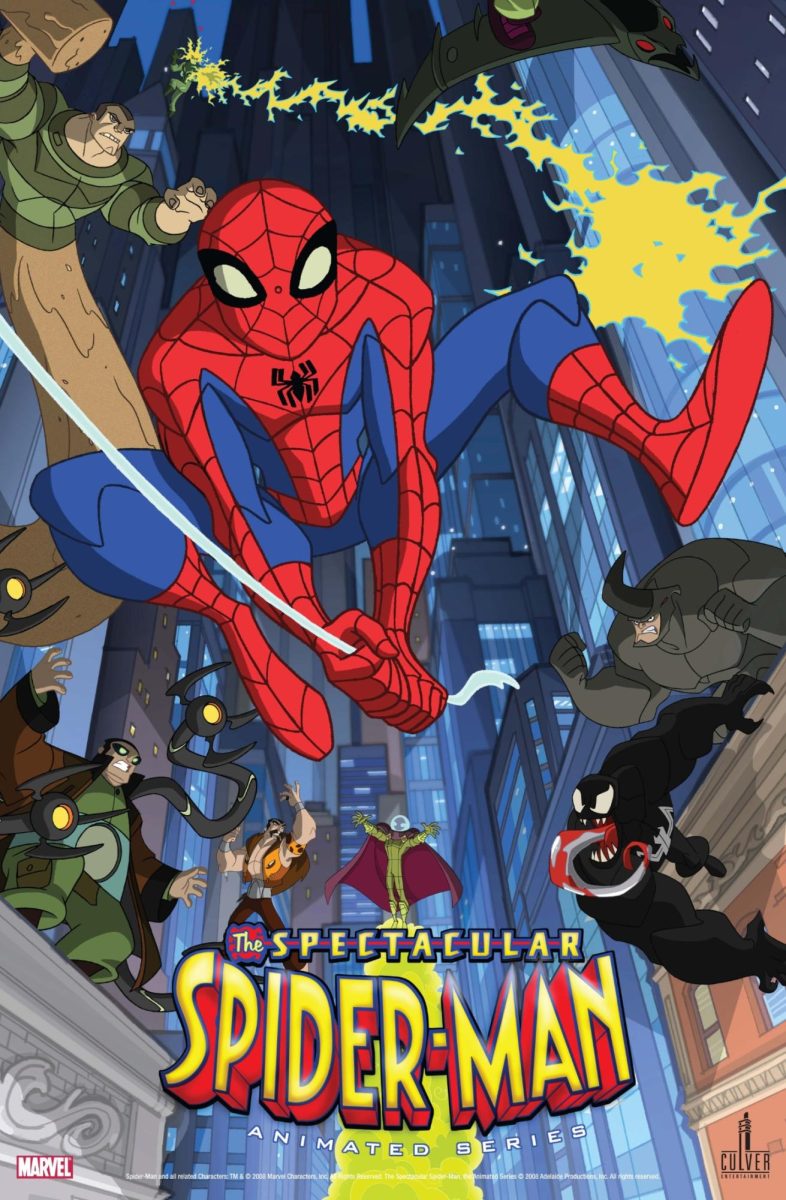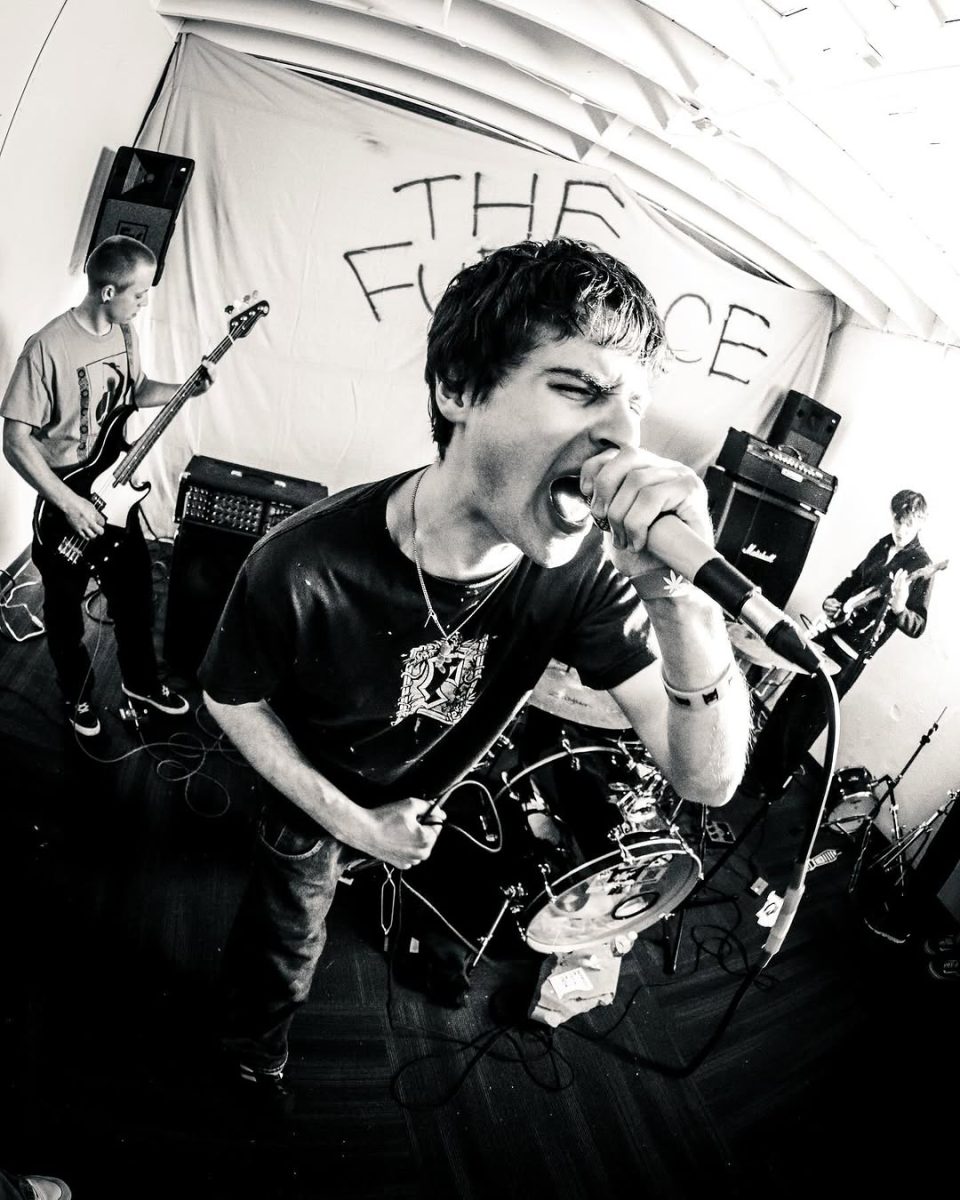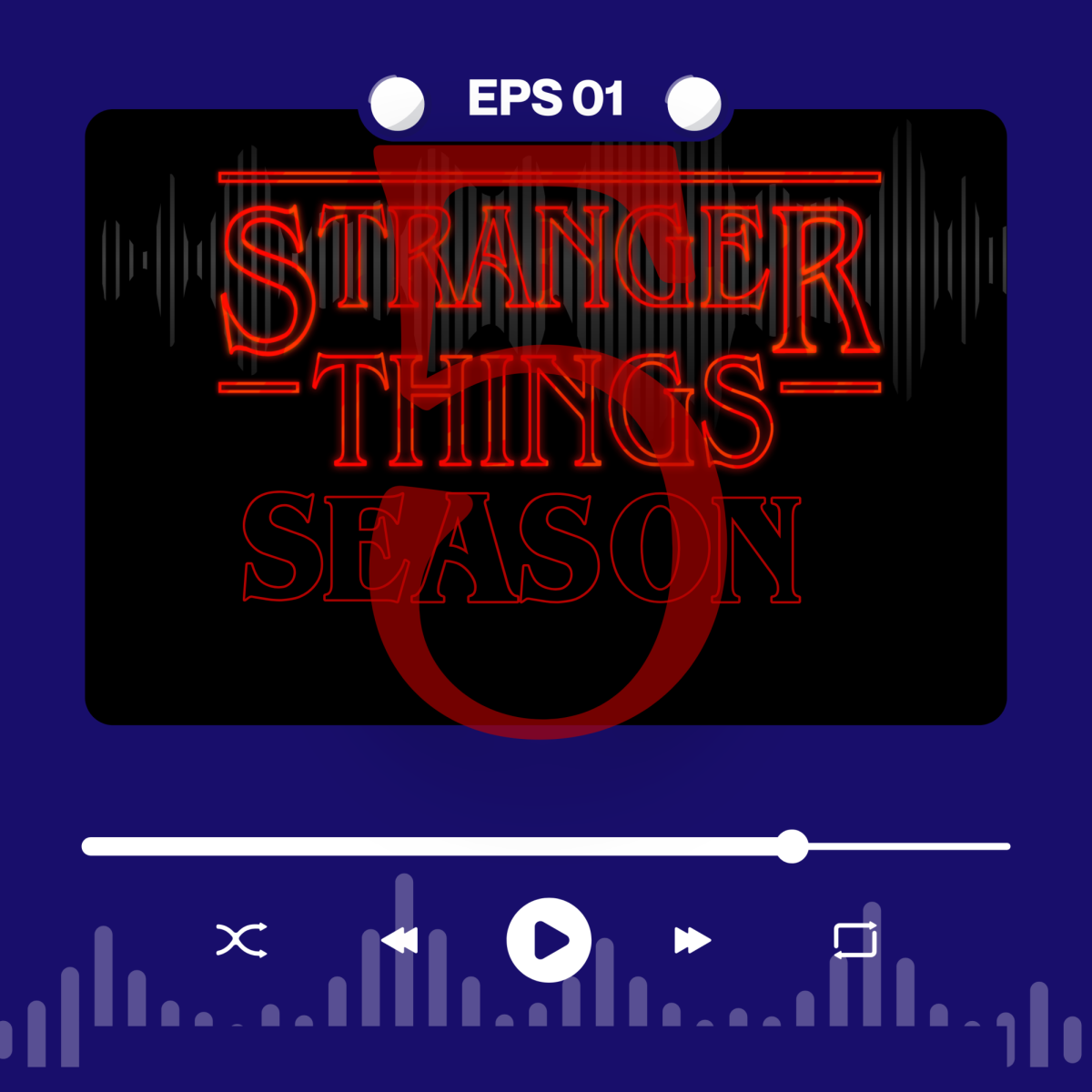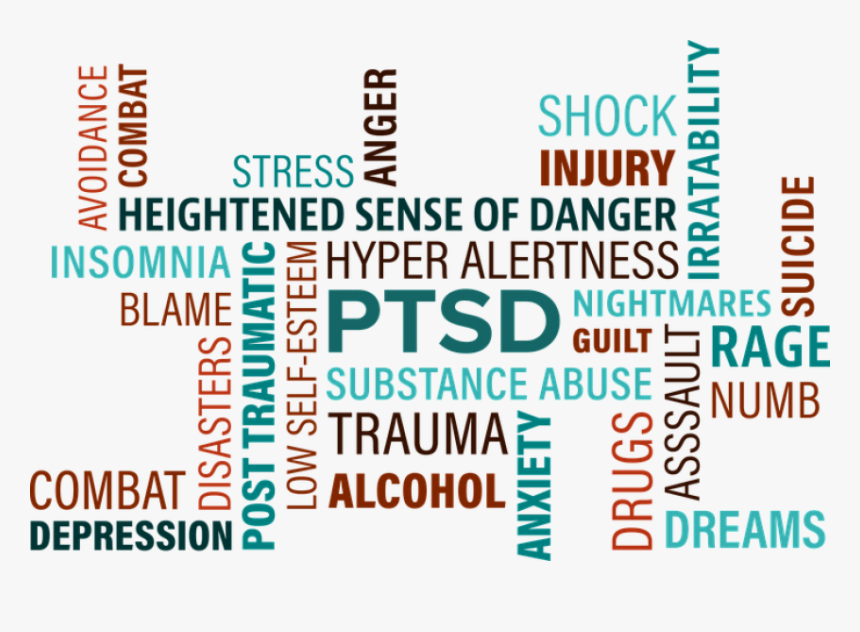During the years of WWI, post-traumatic stress disorder (PTSD) was known as “shell shock” and during WWII PTSD was known as “combat fatigue.” Soldiers aren’t the only people who are affected by PTSD though. PTSD affects about 3.5 percent of U.S. adults every year, and about 1 in 11 people will be diagnosed with PTSD in their lifetime.
psychiatry.org
PTSD is a disorder that occurs in many people who have experienced or witnessed a traumatic event. A traumatic event could include a natural disaster, a terrorist act, a serious accident, war/combat, rape, sexual violence, serious injury, death threats, etc. People with PTSD may experience:
- Irritability
- Self-destructive behavior or social isolation
- Severe anxiety
- Intrusive thoughts or flashbacks
- Guilt
- Insomnia or nightmares
- Emotional detachment
No cure for PTSD exists but people with this disorder can improve significantly and function normally. There are many therapies available to help with the treatment of PTSD. The effectiveness of a given treatment depends on many things including:
- The persons personality
- The nature of the trauma
- The severity of the symptoms
psychguides.com

